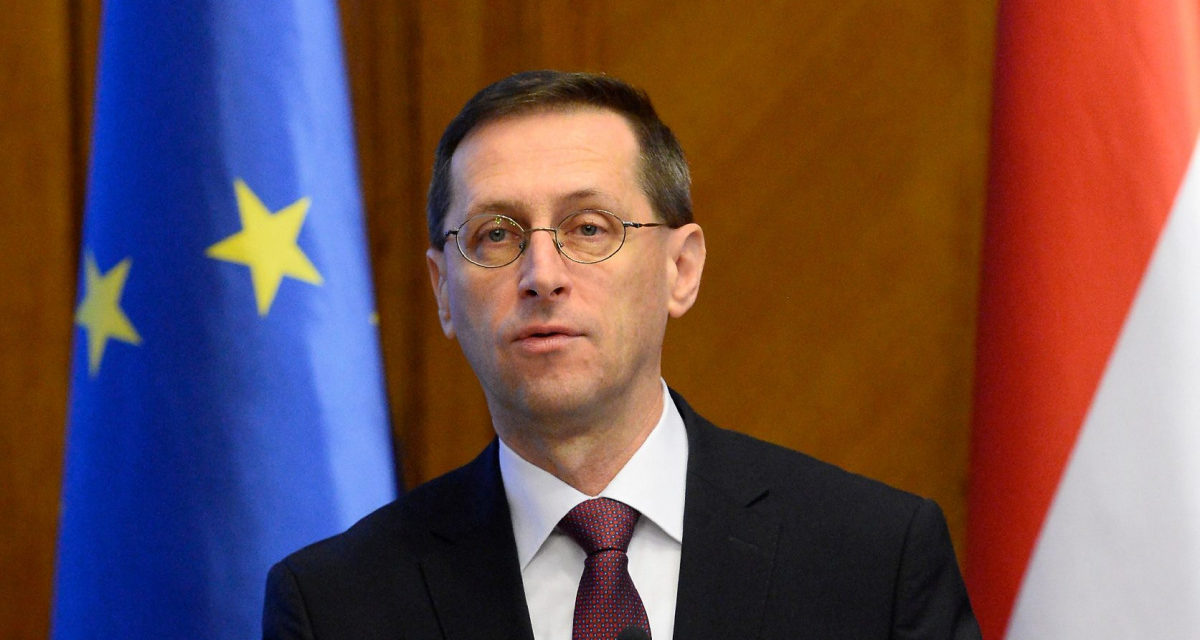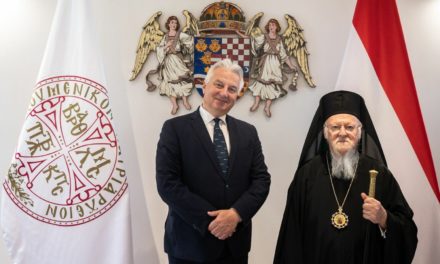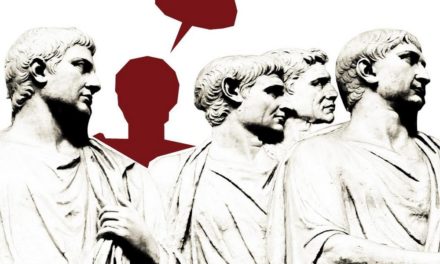The annual Europe Day is a celebration of European peace and unity. On this day, we celebrate the anniversary of the historic "Schuman Declaration".
On May 9, 1950, in Paris, French Foreign Minister Robert Schuman outlined a new political and economic cooperation for Europe that would make war between the continent's countries impossible. Schuman called for the establishment of a new European institution with the aim of uniting and managing the coal and steel production of the continent's countries. The contract establishing the institution was signed a year later. The formation of today's European Union can be traced back to the Schuman proposal.
Since then, this association has developed a lot, but as Finance Minister Mihály Varga in his Facebook post , we can't celebrate without a cloud even today!
"Trouble and danger have not become less. The union, of which we have been members for 17 years, still could not deal with its most pressing problems. The difficult, over-bureaucratized operation, the heavy indebtedness of the southern countries, and Brexit have already slowed down the growth of the EU, pushing it further and further away from the two important regions of the world economy, the United States and China. And the coronavirus epidemic further worsened the chances of catching up in competitiveness. In the past year, when a crisis comparable to the times of 1929-33 had to be dealt with, it was really revealed what dangers the slow and bureaucratic decision-making mechanism of the European Union hides. Just one recent example: the first crisis management package was already decided in the spring of 2020 in the USA, which was followed by two others. In total, 5,500 billion dollars were spent and are being spent on immediate crisis management through 3 large programs.
On the other hand, crisis management in the EU was temporarily suspended for months by some community and budgetary rules. NextGenerationEU had to wait until the summer, and the budget is only 750 billion euros. Half of this is a discounted loan, which most countries do not even want to use. The actual support is therefore only 390 billion euros. It is therefore not surprising that the countries that saw the need for immediate, rapid and large-scale intervention - which is closer to the USA's crisis management - took action themselves. The resources used were secured by loans or, for example, in the case of Hungary, from the central budget. This no doubt added to the additional shortages caused by epidemic control. In order to restart the economy as quickly as possible, state intervention and support for investments and job creation are needed.
That's why - trusting and hoping that the structural transformation of the EU is not long in the future - Hungary had to go its own way again in crisis management."
In connection with this year's Europe Day, László Trócsányi, a representative of the European Parliament, published the following video praising the competitive Europe of strong states:
Featured photo: Hír TV












